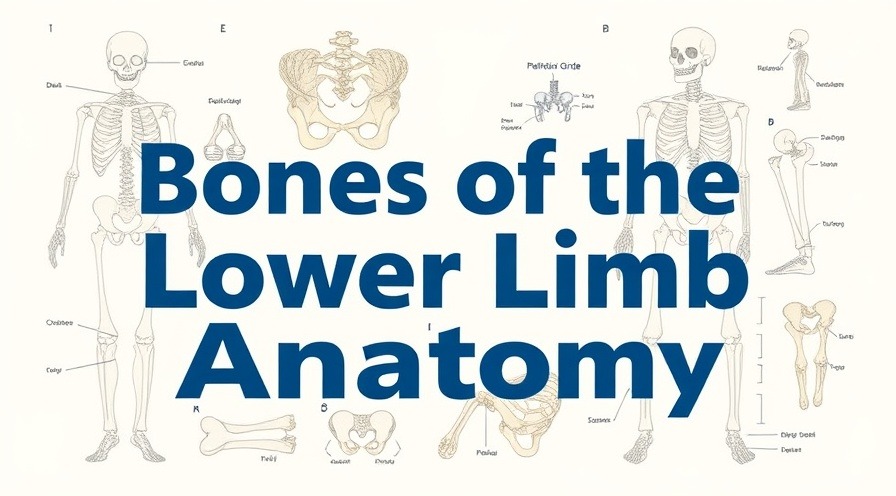
AI Revolutionizing Emergency Care for Heart Failure Patients
In recent times, artificial intelligence (AI) has emerged as an influential player in healthcare, driven by its capacity to process and analyze vast amounts of data efficiently. A remarkable example is an innovative risk assessment tool being utilized by Kaiser Permanente, which leverages AI and machine learning specifically tailored for heart failure patients in emergency rooms. This not only represents a shift in patient care but also enhances physician decision-making.
In 'Artificial intelligence in health information management: Using AI for risk assessment in medicine,' the discussion dives into innovative uses of AI in emergency care, prompting us to analyze its benefits and implications in today’s healthcare landscape.
The Need for Enhanced Risk Stratification
Heart failure patients often present a convoluted challenge due to their complex medical histories, including multiple comorbidities and medications. In emergency departments, these patients frequently face risks of misclassification; sometimes, high-risk individuals are discharged, while lower-risk patients are unnecessarily admitted. Recognizing this critical gap, Dr. Dana Sax and her team sought to create a real-time, point-of-care risk assessment tool designed to stratify patients more accurately based on 60 input variables drawn from their electronic health records.
How the AI Tool Works
The AI tool combines historical patient data alongside real-time assessments. It gathers insights about patients from their recent lab results, vital signs, and even their previous hospitalizations. This approach enables care providers to quickly gauge a patient's risk of adverse events, supporting safe decisions about discharges or admissions. In a pilot study conducted in two emergency departments, encouraging outcomes demonstrated that patients labeled as low risk by the AI tool experienced no adverse events within the following 30 days, reinforcing the system's reliability.
Transforming the Physician's Workflow
Another significant aspect of this AI implementation is its seamless integration into the healthcare providers’ existing workflows. Recognizing that emergency room environments can be fast-paced and chaotic, the creators designed the tool to deliver insights without interrupting a physician’s rhythm. By aggregating data into a single report, the AI tool enables doctors to access essential patient information quickly, facilitating better decision-making with minimal disruption.
Broader Applications and Future Prospects
As the tool is presently in a year-long trial across 21 medical centers, Dr. Sax envisions not just improvements to the tool itself but also potential applications in other care settings. By adapting this technology for various healthcare scenarios, the plan revolves around optimizing not only emergency care but also inpatient settings and transitional care processes.
A New Epoch in Patient Care
The successful integration of AI into the patient care paradigm lifts the burden off health professionals and enhances their ability to provide quality care. With the continued evolution of AI tools, we may see a future where predictive analytics fundamentally change how we approach various health conditions beyond just heart failure.
Takeaway: The Value of AI in Health Management
As AI continues to infiltrate healthcare, it becomes increasingly clear that these tools not only support medical professionals but also prioritize patient safety. The journey toward a more efficient, responsive healthcare system is upon us, and the excitement surrounding AI is just the beginning.
 Add Row
Add Row  Add
Add 




Write A Comment